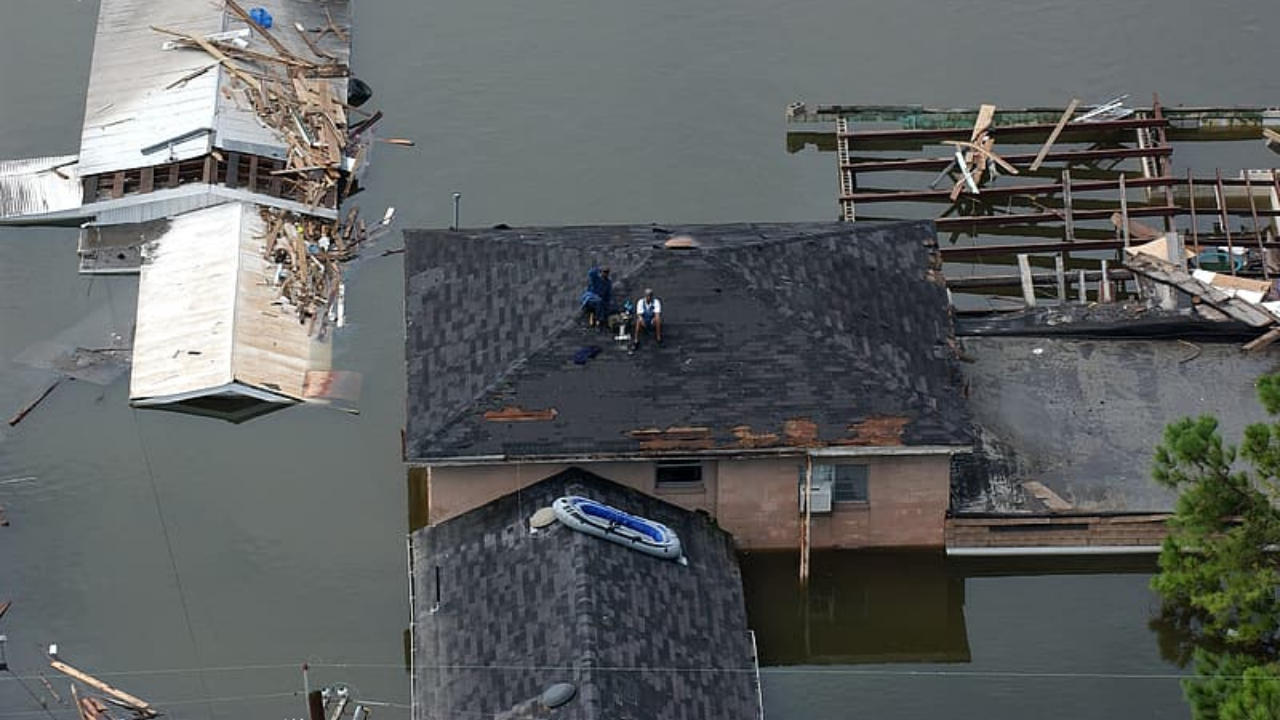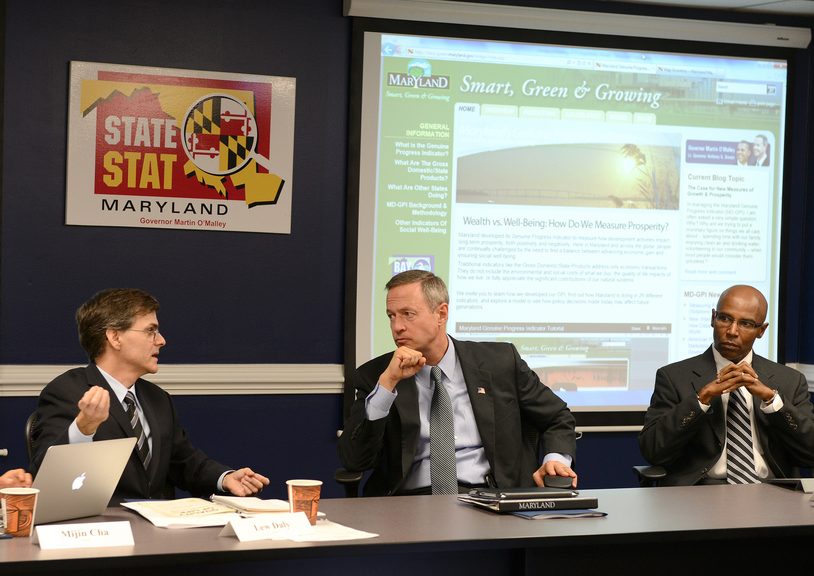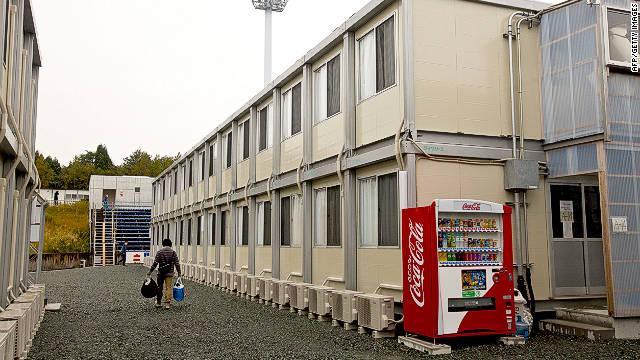
15 Years After Hurricane Katrina, It’s Time to Demilitarize Disaster Relief
Instead of funneling hundreds of billions of dollars each year into militarism, we can invest in the infrastructure of care we need to keep each other safe.

Instead of funneling hundreds of billions of dollars each year into militarism, we can invest in the infrastructure of care we need to keep each other safe.

It is easy to fall under the misconception that GDP is a reliable indicator of economic growth or of a country’s well-being.

In the cargo-container communities of Japan’s disaster areas, one finds echoes of post-Katrina New Orleans.
Unfortunately, the U.S. government has not yet learned the lessons of Katrina.

Poet and educator Kalamu ya Salaam talks with E. Ethelbert Miller about Hurricane Katrina, war, and geopolitics.

While we don’t have white and black water fountains or blacks on the back of the bus anymore, we haven’t gone to the next step to ensure that our movement is integrated.
Of the many lessons to be learned from the effects of Hurricane Katrina, none is perhaps more important over the long run than the obvious need for a new national energy strategy.
It’s time we add Homeland Security to the growing list of casualties of the war in Iraq.